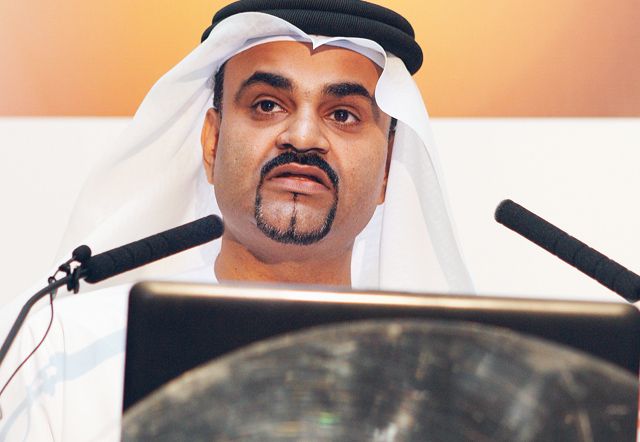Dubai: The Middle East banking sector has been remarkably resilient to the global financial crisis and is poised for growth in light of regional market reforms and global structural changes favouring the region, said Dr Omar Bin Sulaiman, Governor of the Dubai International Financial Centre and Vice Chairman of the UAE Central Bank on Tuesday.
"During a period of great strain on financial systems across the globe, markets, governments, regulators and institutions in the Middle East have responded professionally and appropriately. We now are in a position to declare with a great deal of confidence that the region has successfully passed through the worst of the crisis without experiencing any systemic risks. This is a great accomplishment and speaks well about the future of this region and this industry," said Dr Sulaiman in his opening address to the Banking Outlook Middle East 2009 conference, which opened yesterday in Dubai.
New study
According to a new study by The Boston Consulting Group (BCG) the overall growth rate of banking revenues was still positive although banking profits continued to fall further below 2005 levels due to significant loan loss provisions. However, the study revealed that Middle Eastern banks continue to fare better in comparison with their international counterparts.
Speakers at the conference said that apart from the timely proactive measures such as capital injection, deposit guarantees, liquidity support and government guarantees to bond issues by banks, the growing importance of Islamic finance helped the regional banking sector to reduce the impact of toxic assets.
"While the global banking system came under the heavy burden of contaminated assets, the Middle East banks were relatively insulated because of their prudent banking policies based on Islamic principles. Going forward, the proven strength of Islamic banking should guide banking practices in the region," said Dr Hussain Hamid Hassan, Chairman of the Sharia Board of Dubai Islamic Bank.
The financial crisis tested the mettle of the Gulf region's financial systems and the overall risk management capabilities.
"The crisis proved to be a watershed in the history of Gulf central banks and government policymakers in terms of growing their monetary and fiscal policy toolkits," Dr Sulaiman said.
The overall financial strength of the Gulf governments and the huge investments in the infrastructure sector happening in the region are expected to help banks to expand their balance sheets. Dr Sulaiman noted that the structural shift in the global financial system will eventually favour Gulf banks. Regional banks are expected to benefit from the shifting east of the global economic centre of gravity, a trend that began two decades ago.
Indices: Regional loan loss provisions surge
The latest Boston Consulting Group's annual banking indices show that the Middle Eastern banks have increased loan loss provisions (LLPs) very significantly, often exceeding an annual growth rate of 100 per cent over the last four years.
The top 25 banks alone built LLPs of almost $7 billion (Dh25 billion) in total. The index covered the largest banks in Bahrain, Kuwait, Qatar, Saudi Arabia and the UAE.
"It is likely that LLPs will remain on a high level during the next few quarters due to the impact of the financial crisis on the real economy — both in the corporate as well as in the retail segments. When compared to some western countries such as the UK where, according to estimates, the banking system may have to reserve £130 billion (Dh754 billion) of LLPs, this figure ($7 billion) still seems low," said Dr. Reinhold Leichtfuss, Senior Partner & Managing Director in BCG's Dubai office.













